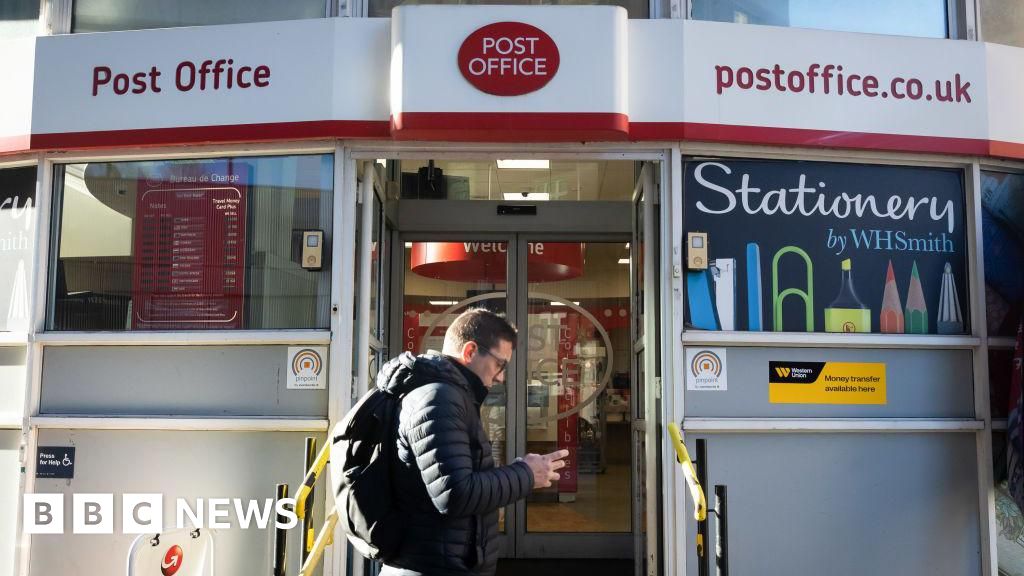Unlock the Editor’s Digest for free
Roula Khalaf, Editor of the FT, selects her favourite stories in this weekly newsletter.
Switzerland’s rightwing populists were set to achieve one of their strongest performances in parliamentary elections on Sunday as voters abandoned green politics amid fears over immigration and rising energy costs.
The hardline conservative Swiss Peoples’ party (SVP) was projected to secure 29.1 per cent of the vote in elections to the National Council, the lower house of parliament, after 95 per cent of district results were declared. This was on track to be the second-best result in the party’s recent history, after winning 29.4 per cent of the vote in 2015.
The result was a “clear slide to the right”, said Thierry Burkart, leader of the pro-business liberal FDP party. The liberals suffered their worst result, winning just 14.5 per cent. Voters had delivered a “signal and a mandate”, Burkart told Swiss TV.
The biggest losers of the evening were Switzerland’s two green parties, whose combined share of the vote dropped from 21 per cent to 16 per cent.
Several weeks of political jockeying will now follow over how parliamentary results will translate into any shift in government.
By tradition, a seven-person executive, the Federal Council, is composed of members from the four largest parties in a set ratio of seats: 2-2-2-1. Questions have been raised in recent years, amid political turbulence, over the apportioning of seats, and Sunday’s results are likely to trigger another bout of hand-wringing over the model’s legitimacy.
The new parliament will vote on the Federal Council seats in mid-December.
Although the SVP has long been a mainstream force in Swiss politics — and does not have ambitions to disrupt the existing political order — its strong showing is a signal of disaffection among the electorate after a turbulent four years.
The SVP opposed Covid-19 restrictions and more recently has heavily criticised participation in sanctions against Russia, which it says have fuelled energy price rises and compromised a sacrosanct tradition of geopolitical neutrality.
Domestic concerns dominated the campaign, with the SVP making the most visible impact. Posters across the country promised to cap the population and stop it reaching 10mn people. Switzerland is currently home to 8.7mn.
The party also campaigned hard against what it described as “gender terrorism” — referring to the debate over transgender rights — and “radical” green climate politics.
SVP’s victory will reverse a dramatic leftward shift in Swiss politics that occurred at the last federal elections in 2019. It may also affect sensitive upcoming international issues for the country, including its already fraught relations with the EU and its position on economic sanctions against Russia.
Switzerland’s social democratic party (SP), the second-largest group, is set to marginally increase its share to 17.8 per cent — its second-worst result.
Switzerland’s broad political spectrum and peculiar constitutional set-up means that parliament plays a secondary role, deferring most legislative decisions to national referendums. Still, significant changes in the electoral map are unusual.
The elections confirm a resurgence of populists at the ballot box across Europe: in Germany earlier this month, the anti-immigrant AfD scored big gains in elections in Bavaria and Hesse, far from the party’s strongholds in the east. In Austria, the far-right Freedom Party has been leading the polls for months, racking up regional victories ahead of next autumn’s national elections.
Credit: Source link











